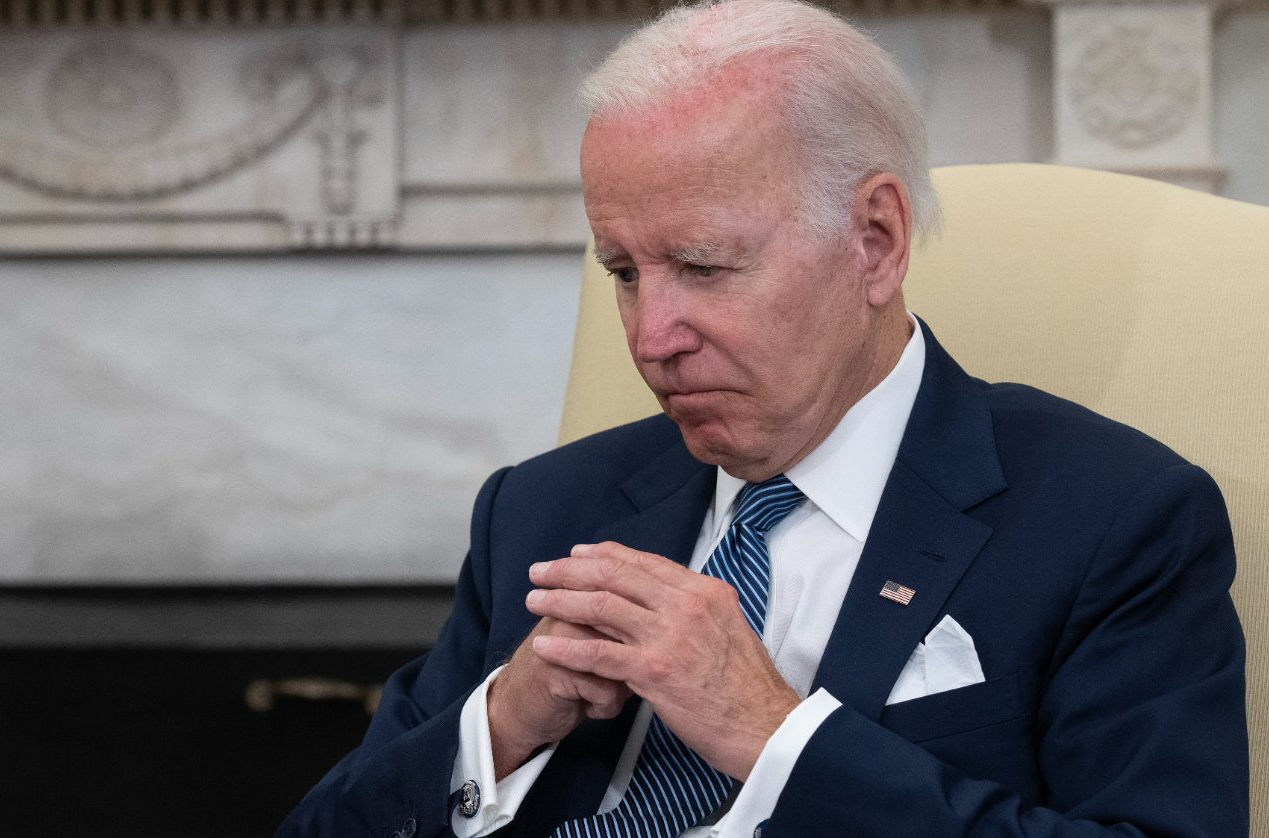OPINION: The following article reflects the author’s personal views and interpretations.
In a revealing interview on the “Shawn Ryan Show,” former Democratic National Committee fundraiser Lindy Li, a well-connected insider, claimed that President Joe Biden’s term is nothing more than a continuation of former President Barack Obama’s legacy—a so-called “third term” for Obama. Li’s explosive assertions add another layer to the ongoing debate about who truly holds the reins of power in the Biden-Harris administration.
Li contended that many insiders have long suspected that the current administration’s direction was heavily influenced, if not outright controlled, by Obama himself. “It was for sure Obama’s third term. I don’t think that’s even a question,” she stated, echoing what some moderate Democrats had privately speculated. While some within the party floated names like Elizabeth Warren or Bernie Sanders as the driving force behind the scenes, Li maintained that the prevailing sentiment among informed circles was that Obama’s influence was unmistakable.
According to Li, Obama’s relentless efforts in the fall elections were driven by a desire to secure what she described as his “fourth term”—not as president directly, but by cementing his legacy and ensuring that his policies and ideals continued under Biden’s watch. She compared the dynamic between Biden and Obama to historical political partnerships, drawing a parallel with the relationship between John F. Kennedy and Lyndon B. Johnson. Just as JFK selected LBJ to secure Southern votes despite harboring reservations about his intellect, Li suggested that Obama harbored doubts about Biden’s capabilities while still positioning him at the helm. “Obama thought that Biden would eventually mess everything up, and that’s what seems to have happened,” Li remarked.
The former insider also shed light on the controversial rise of Vice President Kamala Harris within the administration. Before her ascent, Obama had reportedly been exploring other candidates—names like Arizona Senator Mark Kelly and Kentucky Governor Andy Beshear came up in discussions. However, in a move that underscored the importance of optics, especially within the party’s focus on diversity, Harris was chosen to fill the role, even if she was not the top internal pick. “In the party of DEI, you can’t skip a Black woman. The optics would have been terrible,” Li explained, hinting that political expediency played a significant role in the decision-making process.
Beyond these high-level strategic decisions, Li offered insights into the inner workings of the Biden administration. She mentioned that influential figures—such as personal attorneys and senior advisors like Steve Ricchetti, Anita Dunn, and Mike Donilon—were effectively running the show behind the scenes. Biden’s former chief of staff, Ron Klane, along with aides Jeff Zients and Bob Bauer, were also cited as key players in steering policy and maintaining the status quo set in motion by Obama’s tenure.
Not limiting her critique to the administration’s internal dynamics, Li also took aim at the Harris campaign’s financial mismanagement and questionable strategies during the 2020 election cycle. She alleged that top campaign officials misled donors by presenting overly optimistic internal data that promised an easy victory over former President Donald Trump. “It’s just an epic disaster—a one-billion-dollar disaster,” Li lamented during her recent appearance on Fox & Friends Weekend. She claimed that the campaign overspent, eventually accumulating millions in debt despite raising vast sums of money from loyal supporters and large donors alike.
One of the more striking revelations from Li’s account was the claim that prominent celebrities were paid to endorse Harris during her campaign. According to her, household names such as Beyonce, Cardi B, Katy Perry, and Christina Aguilera received compensation for their support. Even Oprah, a perennial influential figure, was reportedly paid close to $2 million for her endorsement—a figure Li argued undermined the campaign’s credibility. “I feel like a lot of us were misled,” Li asserted, emphasizing the profound disappointment and financial fallout experienced by many who had trusted the campaign’s promises.
These insights by Lindy Li paint a picture of an administration and a campaign that were perhaps not as independent as they appeared. Instead, they suggest that behind the public face of President Biden lies a continuation of Obama’s influence—a legacy that shapes policy, strategic decisions, and even campaign tactics. Whether one views these claims as credible or as politically charged rhetoric, they undeniably add fuel to the debate over accountability and transparency in modern American politics.
As the narrative unfolds, it becomes clear that the true power structures within the Biden-Harris administration may extend far beyond the visible leadership. For many, Li’s revelations serve as a call to scrutinize the hidden dynamics that have long influenced U.S. political strategies and campaign practices. Only time will tell how these claims affect public opinion and whether they will spark calls for further transparency and reform.

